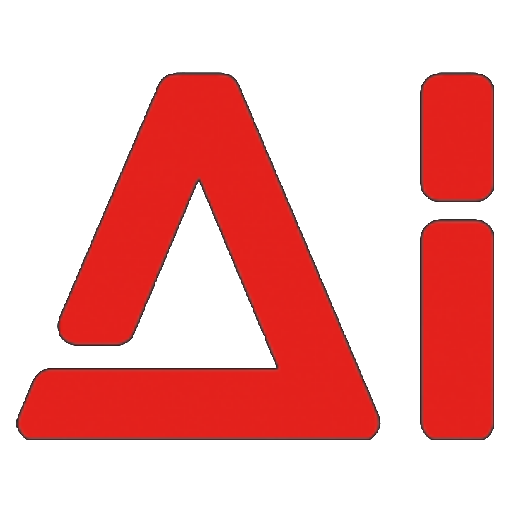
In today’s fast-paced business environment, managing and leveraging knowledge effectively can be the competitive edge organizations need to thrive.
Knowledge management systems (KMS) have become integral to business operations, serving as a repository for critical information and a platform for innovation. These systems enable the capturing, storing, and sharing of knowledge, ensuring that valuable insights and experiences are not lost but rather utilized to improve processes, products, and services.
At the heart of a robust KMS is the ability to facilitate knowledge sharing among employees. This sharing fosters a culture of continuous learning and improvement, where information is easily accessible and can be applied to solve problems and drive innovation. For instance, a well-organized knowledge base allows employees to access past projects, utilize templates, and learn from previous experiences without starting from scratch.
Moreover, knowledge management systems play a crucial role in employee training and development. By providing a centralized platform for learning materials, organizations can streamline the training process, reduce duplication of effort, and ensure consistency in knowledge dissemination. Training modules integrated within a KMS can be constantly updated with the latest industry trends and practices, keeping employees informed and competitive.
Information storage in KMS is not just about keeping records. It’s about creating a structured environment where data is easily retrievable and usable. With the vast amounts of data generated daily, businesses need systems that not only store information but also make it actionable. A KMS achieves this by organizing data in meaningful ways, using tags, categories, and metadata, which facilitate quick retrieval and analysis.
For businesses looking to integrate a KMS, it’s essential to consider the system’s scalability and adaptability. As companies grow, their knowledge management needs will evolve. A KMS should be flexible enough to accommodate new types of data and adapt to changing business processes. Integrating a KMS with existing enterprise systems like CRM and ERP can further enhance its utility, providing a holistic view of business operations and customer interactions.
Expert insights suggest that the implementation of a KMS can lead to significant cost savings by reducing redundancy and improving efficiency. However, the success of such systems largely depends on user engagement. Encouraging employees to contribute to and use the KMS is crucial. This can be achieved through regular training sessions, incentives for knowledge sharing, and creating a user-friendly interface that simplifies information access.
The implications of effective knowledge management extend beyond operational efficiency. They influence strategic decision-making, enabling businesses to anticipate market trends and respond proactively to changes. By harnessing their collective knowledge, organizations can foster innovation, improve customer satisfaction, and ultimately gain a competitive advantage.
In essence, a well-implemented knowledge management system transforms information into a strategic asset. As businesses navigate the complexities of the digital age, leveraging such systems will be key to sustaining growth and achieving long-term success.
Click here to get it while stocks last.
References: 原訊科技 – 商業應用軟體 – 服務項目 – 商用系統開發

Jonathan Swan is an Australian journalist known for sharp, in-depth political interviews, especially during his time at Axios. Now at The New York Times, he’s recognized for his skill in asking tough questions that yield candid responses from high-profile figures. His straightforward approach has made him a leading voice in political journalism.


